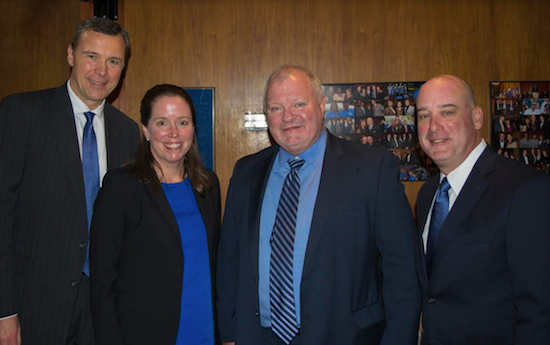Brooklyn Bar Association starts CLE series on medical malpractice

The Brooklyn Bar Association, in conjunction with the NYS Academy of Trial Lawyers, hosted its first of three continuing legal education (CLE) seminars on Tuesday night on medical malpractice cases titled “MedMal Skills Series: Knocking Your Case Out of the Park.”
The series includes three different panels of attorneys who will share their expertise at certain aspects of handling medical malpractice cases.

Brooklyn Boro
View MoreNew York City’s most populous borough, Brooklyn, is home to nearly 2.6 million residents. If Brooklyn were an independent city it would be the fourth largest city in the United States. While Brooklyn has become the epitome of ‘cool and hip’ in recent years, for those that were born here, raised families here and improved communities over the years, Brooklyn has never been ‘uncool’.